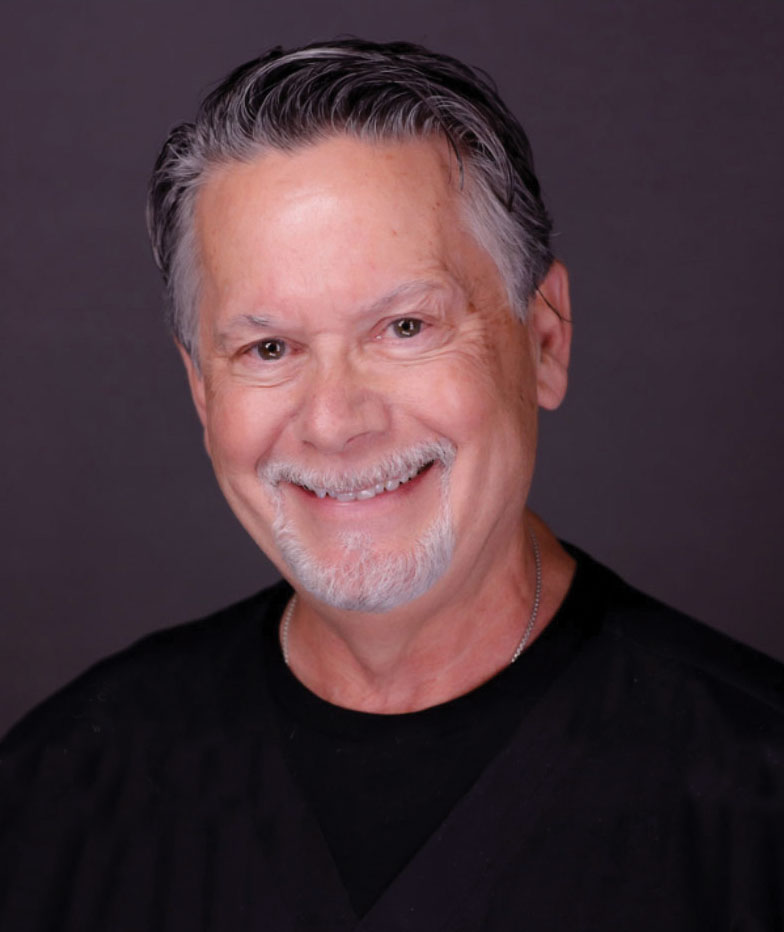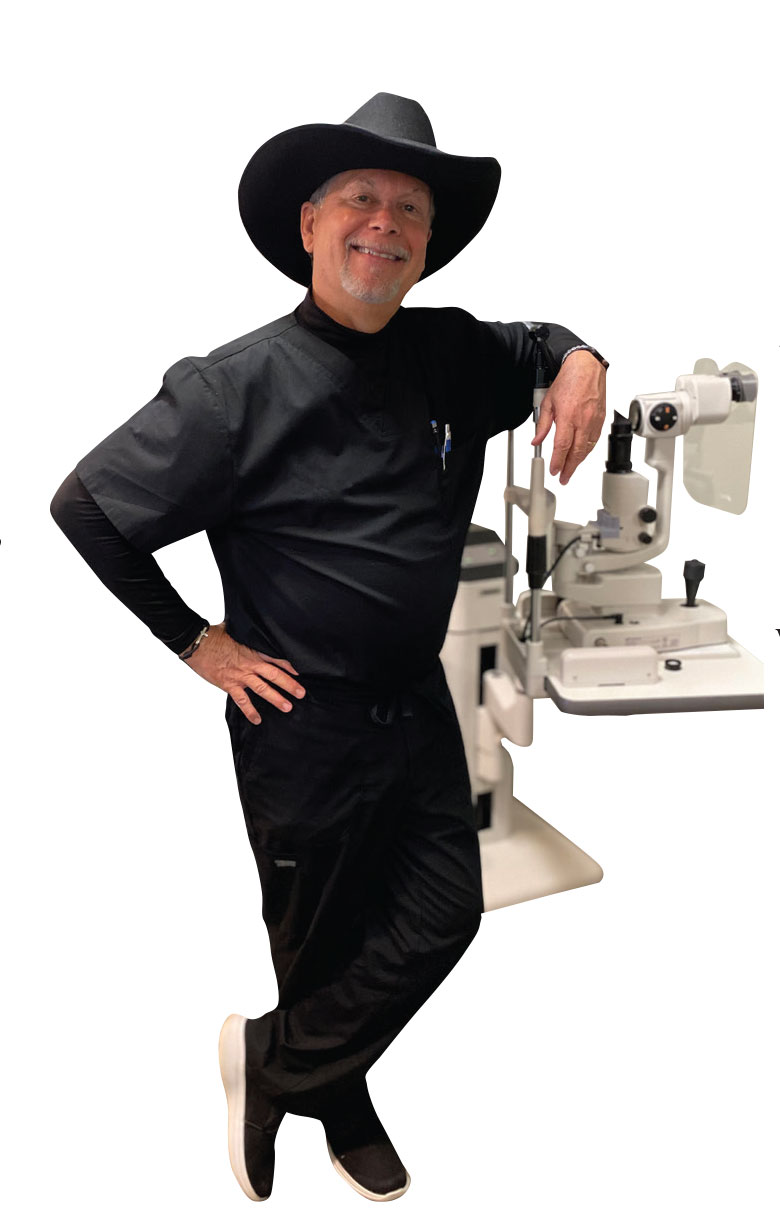 |
One biological organ may be more important than any other if you want to have a long and happy career in optometry. This topic is never ever covered in optometry school. This topic is never ever covered in optometric CE. This topic has never even been covered in the most wonderful publication in the history of our profession. That’s right… this one!
The organ in question is, obviously, your feet.
Feet are very, very important to optometry. We spend a lot of time standing and walking. Our feet take a beating. The patient’s feet take a beating, too, as we drag them from room to room puffing the dreaded air at them and flashing bright lights. Which is better, foot number one or foot number two? Both hurt.
Growing up in the beautiful hills of West Virginia—how majestic and how grand—my brothers and I got a new pair of sneakers, which we called tennis shoes, although we never played tennis, every time basketball season rolled around: high-top Chuck Taylors or green-soled Bob Cousy’s. At Christmas, we cracked open the Sears catalogue and ordered comfy, rubber-soled chukka boots. For church, we were allowed fake leather dress shoes. Summer flip flops were next.
No wonder our feet are all jacked up now.
When I got married in 1980, Renee somehow convinced me my feet were important and started me on the road of buying good quality footwear. I could not believe that a pair of shoes could cost more than $10 or $15. Really? That’s crazy! No, it’s not.
 |
Optometrists are on our feet all day, and we ignore them at our own peril. Here are my Top Three Optometric Foot Tips:
1. Wear good shoes that cost more than $10 or $15. I have loved switching to scrubs, with thanks to COVID, allowing me to feel free to wear the most comfy and supportive shoes that (my wife’s) money can buy. This also meant I bought too many shoes that turned out not to be that comfy or supportive after all. Darn it. Oh, well, that’s why they invented eBay, a.k.a. my retirement plan.
2. Get pedicures. This is a secret that those with XX chromosomes have kept to themselves for years as those with XY chromosomes suffered. I try to get a pedicure as often as I want to, which means as often as my wife permits. As a long-distance runner (given up with pleasure 45 years ago) up and down the mountains of West Virginia, my feet (knees, back, etc.) are a mess, and an occasional pedicure gives me a great excuse to throw money at something that maybe helps. Kinda like a pizza and beer kinda helps.
3. Lose a couple of pounds. If you are having more problems than your patients nuzzling up to the slit lamp, take it as a sign.
Now that I have freely delivered to you the above-mentioned incredible foot advice, let’s discuss the real reason I write about this important subject.
Simple. My feet hurt. As a young fellow, I was a serious long-distance runner. Well, truthfully, that’s what I tell people. In fact, my definition of “serious long-distance runner” includes my three- to seven-mile slow jogs every day up and down the mountains and hollows (pronounced “hollers”) of West Virginia from the age of 15 to around 34. Why did I stop then? Well, my wife kindly reminded me that we had children to raise, and I was never home… working all day and running well into the evening.
My current impressive girth is a proud symbol of my becoming a better husband and parent.
So basically, I jacked my feet up every day for nearly 20 years. Mobility, like vision, is often taken for granted. I am doing all I can to help my feet survive. I don’t jog five miles now, but we all sure do wander hundreds of steps per day in the office, don’t we? I don’t plan to let plantar fasciitis be the reason I finally retire someday. I would rather it be something cool like “The Beatles need me.”
Dr. Vickers received his optometry degree from the Pennsylvania College of Optometry in 1979 and was clinical director at Vision Associates in St. Albans, WV, for 36 years. He is now in private practice in Dallas, where he continues to practice full-scope optometry. He has no financial interests to disclose.

